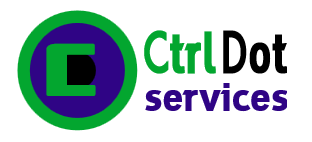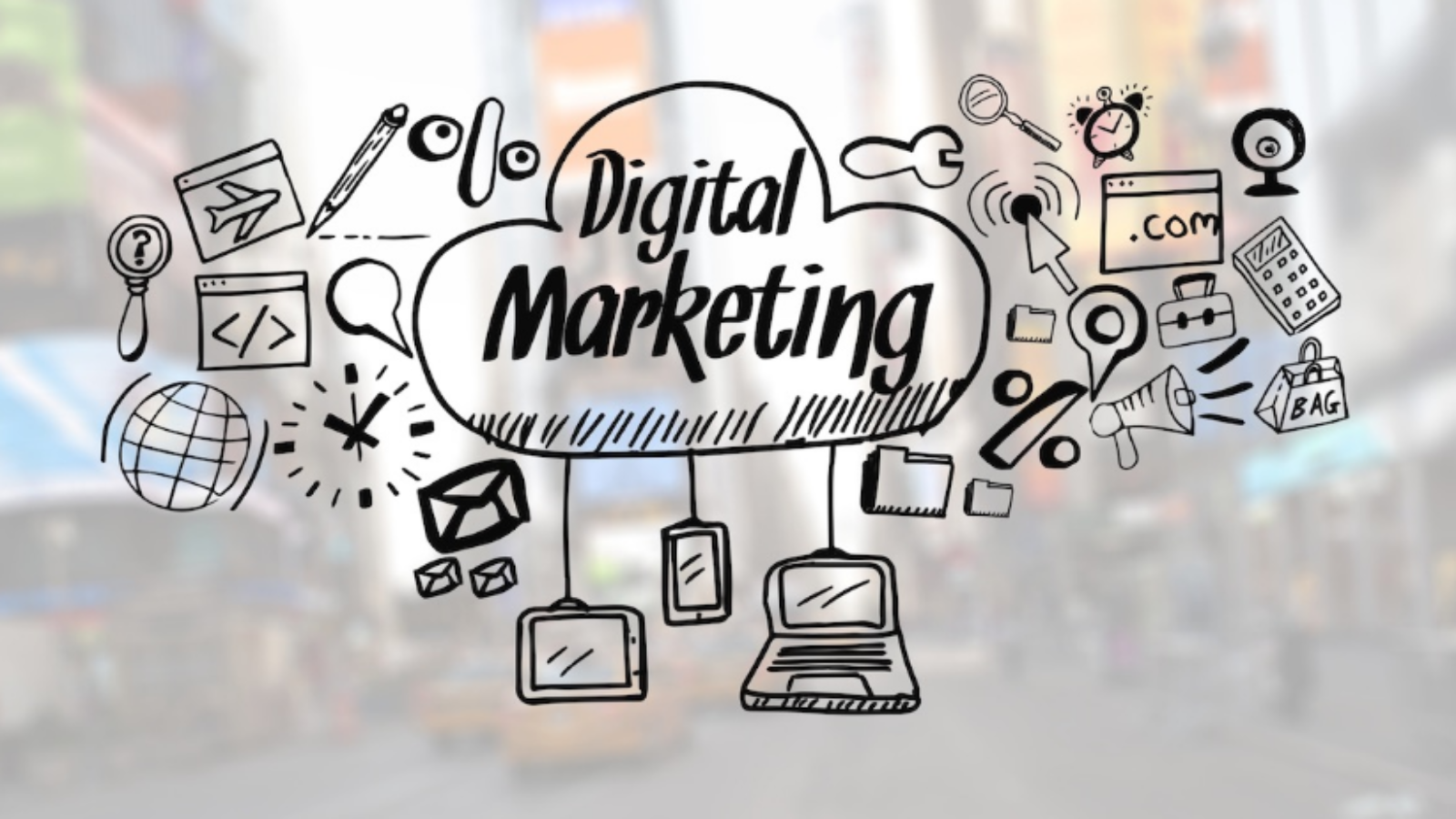At a high level, digital marketing refers to advertising delivered through digital channels such as search engines, websites, social media, email, and mobile apps. Using these online media channels, digital marketing is the method by which companies endorse goods, services, and brands. Consumers heavily rely on digital means to research products. For example, Think with Google marketing insights found that 48% of consumers start their inquiries on search engines, while 33% look to brand websites and 26% search within mobile applications.
While modern day digital marketing is an enormous system of channels to which marketers simply must onboard their brands, advertising online is much more complex than the channels alone. In order to achieve the true potential of digital marketing, marketers have to dig deep into today’s vast and intricate cross-channel world to discover strategies that make an impact through engagement marketing. Engagement marketing is the method of forming meaningful interactions with potential and returning customers based on the data you collect over time. By engaging customers in a digital landscape, you build brand awareness, set yourself as an industry thought leader, and place your business at the forefront when the customer is ready to buy.
By implementing an omnichannel digital marketing strategy, marketers can collect valuable insights into target audience behaviors while opening the door to new methods of customer engagement. Additionally, companies can expect to see an increase in retention. According to a report by Invesp, companies with strong omnichannel customer engagement strategies retain an average of 89% of their customers compared to companies with weak omnichannel programs that have a retention rate of just 33%.
As for the future of digital marketing, we can expect to see a continued increase in the variety of wearable devices available to consumers. Forbes also forecasts that social media will become increasingly conversational in the B2B space, video content will be refined for search engine optimization (SEO) purposes, and email marketing will become even more personalized.

“Digital is at the core of everything in marketing today—it has gone from ‘one of the things marketing does’ to ‘THE thing that marketing does.’”
Components of digital marketing
Digital marketing spans across a massive network of digital touchpoints that customers interact with many times a day. To properly utilize these channels, you need to have an understanding of each.

- Paid search. Paid search, or pay-per-click (PPC) advertising, typically refers to the sponsored result on the top or side of a search engine results page (SERP). These ads charge you for every click and they can be tailored to appear when certain search terms are entered, so your ads are being targeted to audiences seeking something in particular. These ads can be extremely effective, as they rely on data gleaned from individuals’ online behavior and are used to boost website traffic by delivering relevant ads to the right people at the right time. These ads also involve retargeting, meaning that depending on the customers’ actions, marketing automation tools can craft unique, personal cross-platform ads.
- Search engine optimization (SEO). SEO is the process of optimizing the content, technical setup, and reach of your website, so that your pages appear at the top of a search engine result for a specific set of keyword terms. Using SEO can drive visitors to your site when they display behavior implying that they’re searching for relevant products, which can be a game changer considering that 90% of people searching haven’t formed an opinion about a brand yet (Status Labs, 2018). While PPC and retargeting have their place, organic online traffic earned through search engine optimization has enormous influence on search rankings and, by extension, organic site traffic. By using keywords and phrases, you can use SEO to massively increase visibility and begin a lasting customer relationship. SEO is defined as increasing a website’s rank in online search results, and thus its organic site traffic, by using popular keywords and phrases. Strong SEO strategies are hugely influential in digital marketing campaigns since visibility is the first step to a lasting customer relationship.
- Content marketing. Effective content marketing is not outwardly promotional in nature, but rather serves to educate and inspire consumers who are seeking information. When you offer content that is relevant to your audience, it can secure you as a thought leader and a trustworthy source of information, making it less likely that your other marketing efforts will be lost in the static. In the age of the self-directed buyer, content marketing gets three times more leads than paid search advertising, so it’s well worth the additional effort.
- Social media marketing. The key to effective social media marketing goes far beyond simply having active social media accounts. You must also be weaving social elements into every aspect of your marketing efforts to create as many peer-to-peer sharing opportunities as possible. The more your audience is inspired to engage with your content, the more likely they are to share it, potentially inspiring their peers to become customers as well.
- Email marketing. After more than two decades, email is still the quickest and most direct way to reach customers with critical information. Today, successful email campaigns must be incredibly engaging, relevant, informative, and entertaining to not get buried in your customer’s inbox. To succeed, your marketing emails should satisfy five core attributes. They must be trustworthy, relevant, conversational, coordinated across channels, and strategic.
- Mobile marketing. Mobile devices are kept in our pockets, sit next to our beds, and are checked constantly throughout the day. This makes marketing on mobile incredibly important—two-thirds of consumers can recall a specific brand they have seen advertised on mobile in the last week—but mobile is also very nuanced considering its intimate nature. SMS, MMS, and in-app marketing are all options to reach your customers on their devices, but beyond that, you must consider the coordination of your marketing efforts across your other digital marketing channels.
- Marketing automation. Marketing automation is an integral platform that ties all of your digital marketing together. In fact, companies that automate lead management see a 10% or more bump in revenue in six to nine months’ time. Without it, your campaigns will look like an unfinished puzzle with a crucial missing piece. Marketing automation software streamlines and automates marketing tasks and workflow, measures results, and calculates the return on investment (ROI) of your digital campaigns, helping you to grow revenue faster. Marketing automation can help you gain valuable insight into which programs are working and which aren’t, and it will provide metrics to allow you to speak to digital marketing’s efforts on your company’s bottom line.


Add a Comment